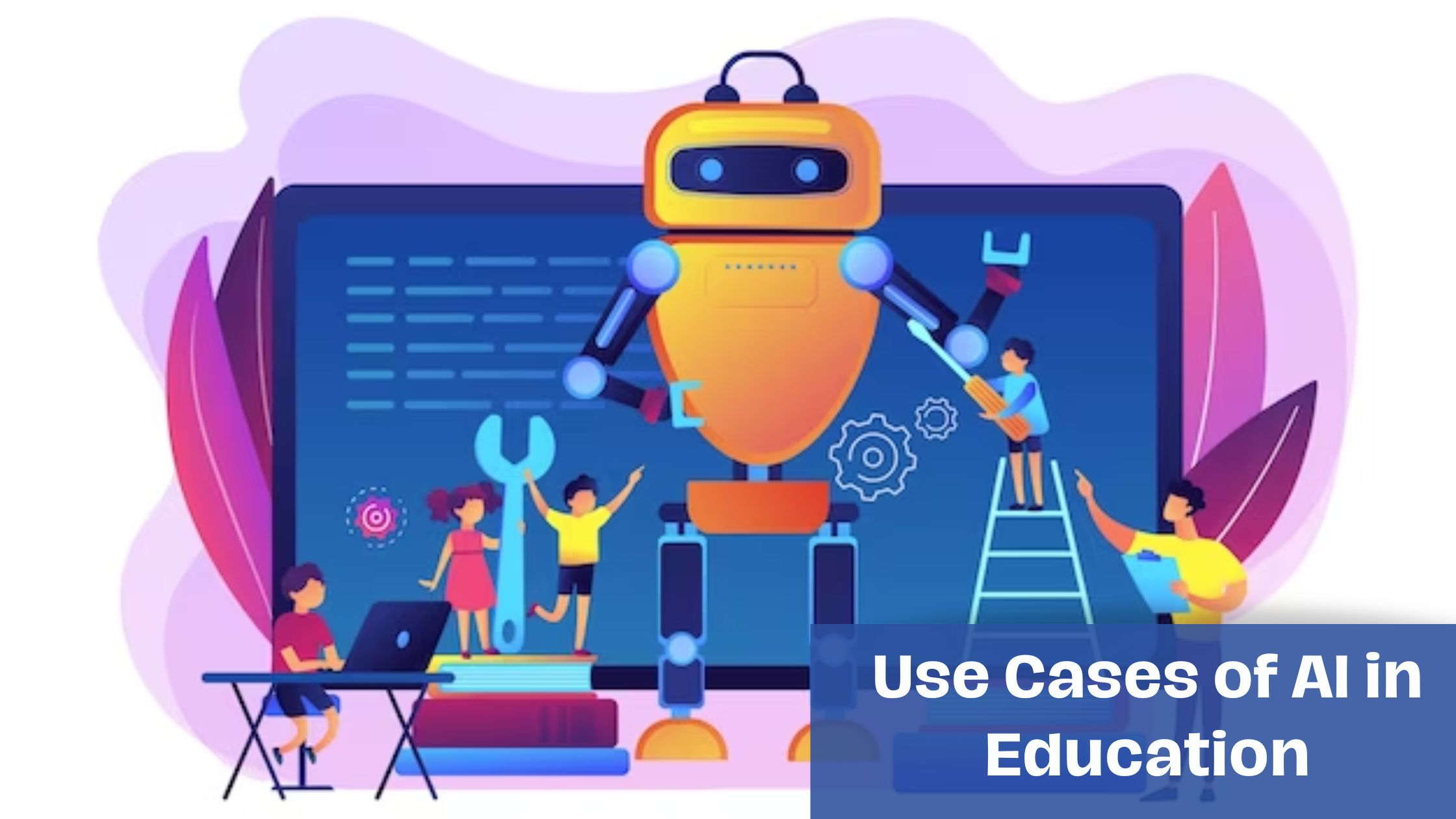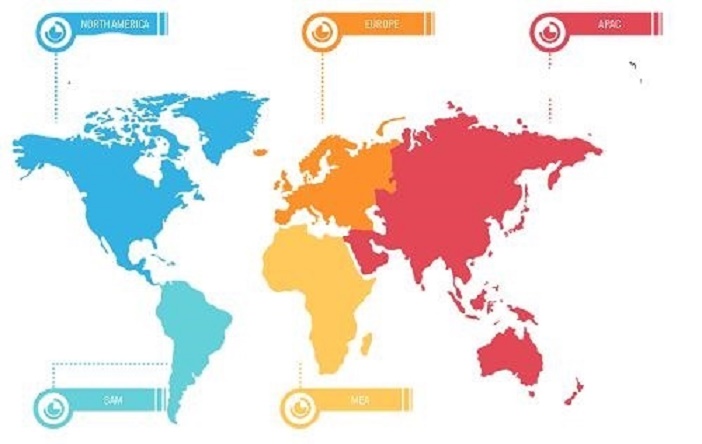In the ever-evolving landscape of education, Artificial Intelligence (AI) is proving to be a game-changer, ushering in a new era of personalized and efficient learning experiences. From classrooms to online platforms, AI is revolutionizing the way we acquire knowledge.
In this blog post, we will delve into five compelling use cases of AI in education, showcasing its transformative power and potential impact on the future of learning.
Personalized Learning Paths:
One of the primary challenges in traditional education systems is catering to the diverse learning needs of students. AI steps in as a solution by offering personalized learning paths. Adaptive learning platforms leverage AI algorithms to analyze individual student performance, identify strengths and weaknesses, and tailor learning materials accordingly. This ensures that each student progresses at their own pace, reinforcing understanding and mastery of concepts before moving on.
Moreover, AI-driven adaptive learning systems evolve over time, refining their recommendations based on continuous assessment data. This adaptability ensures that students receive targeted support, fostering a more inclusive and effective learning environment.
Intelligent Tutoring Systems:
Imagine having a personal tutor available 24/7, capable of adapting to your unique learning style and pace. Intelligent Tutoring Systems (ITS) powered by AI make this a reality. These systems use machine learning algorithms to understand how students learn and provide real-time feedback, guidance, and assistance.
ITS not only helps students with their homework but also identifies gaps in their understanding, offering customized exercises to address specific challenges. The adaptive nature of these systems ensures that students receive support where they need it the most, promoting a deeper understanding of the subject matter.
Automated Grading and Feedback:
The tedious task of grading assignments and providing timely feedback can be a bottleneck in the educational process. AI streamlines this process by automating grading and feedback, allowing educators to focus more on teaching and mentoring.
AI algorithms can assess assignments, quizzes, and exams, providing instant feedback to students. This not only accelerates the grading process but also offers constructive comments, guiding students on areas that need improvement. As a result, educators can allocate more time to interact with students, address individual concerns, and create a more engaging learning environment.
Predictive Analytics for Student Success:
Early identification of students at risk of falling behind is crucial for effective intervention. AI-powered predictive analytics analyze vast amounts of data, including attendance records, past performance, and engagement levels, to identify patterns indicative of potential academic challenges.
By flagging students who may need additional support, educators can proactively intervene, providing targeted resources and assistance. This preventative approach enhances the overall success rates of students and contributes to a more supportive educational ecosystem.
Language Processing for Enhanced Learning:
Language processing capabilities of AI are harnessed to facilitate language learning and comprehension. Chatbots and virtual assistants equipped with natural language processing (NLP) can engage students in interactive conversations, helping them practice and improve language skills.
Moreover, AI-driven language processing tools can assist students with reading comprehension, summarization, and language translation. This is particularly valuable in a globalized educational landscape where students from diverse linguistic backgrounds come together. AI bridges language gaps, making education more accessible and inclusive.
Conclusion
The integration of Artificial Intelligence (AI) into education is a testament to the transformative power of technology in shaping the future of learning. The use cases highlighted, from personalized learning paths to predictive analytics for student success, underscore the diverse ways in which AI is enhancing educational experiences. As we stand on the brink of an educational revolution, it is crucial to recognize the potential of AI to revolutionize not just how we teach but how we learn.
However, the successful implementation of AI in education doesn’t happen in isolation. It requires strategic planning, expertise, and guidance. This is where Artificial Intelligence Consulting Services come into play. These services act as invaluable partners for educational institutions, offering insights, solutions, and a roadmap for the seamless integration of AI into existing systems.





